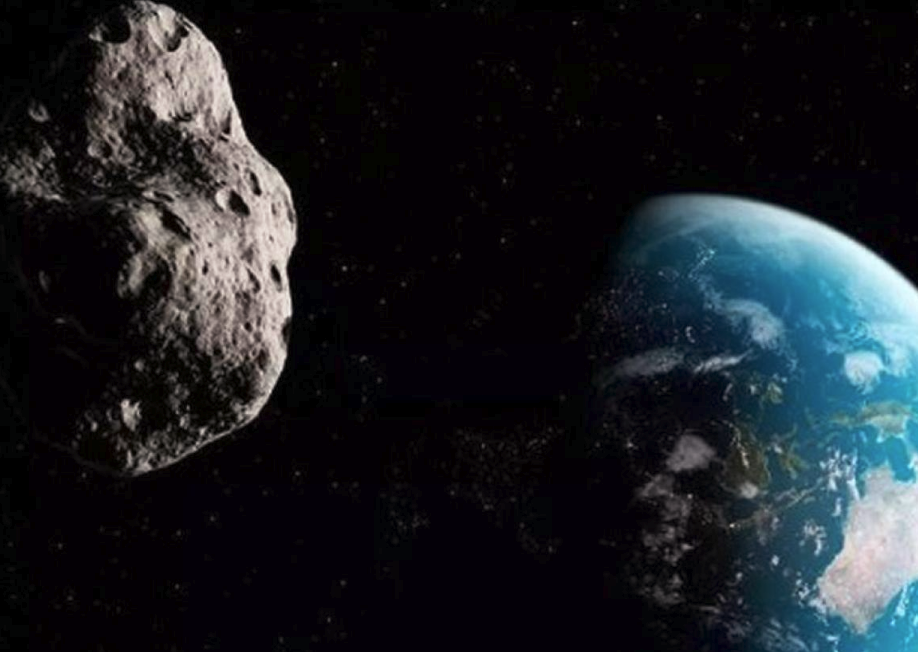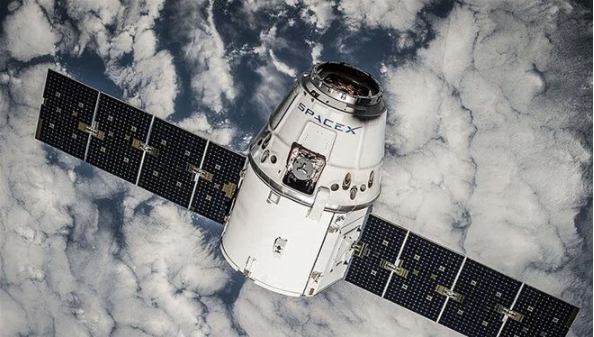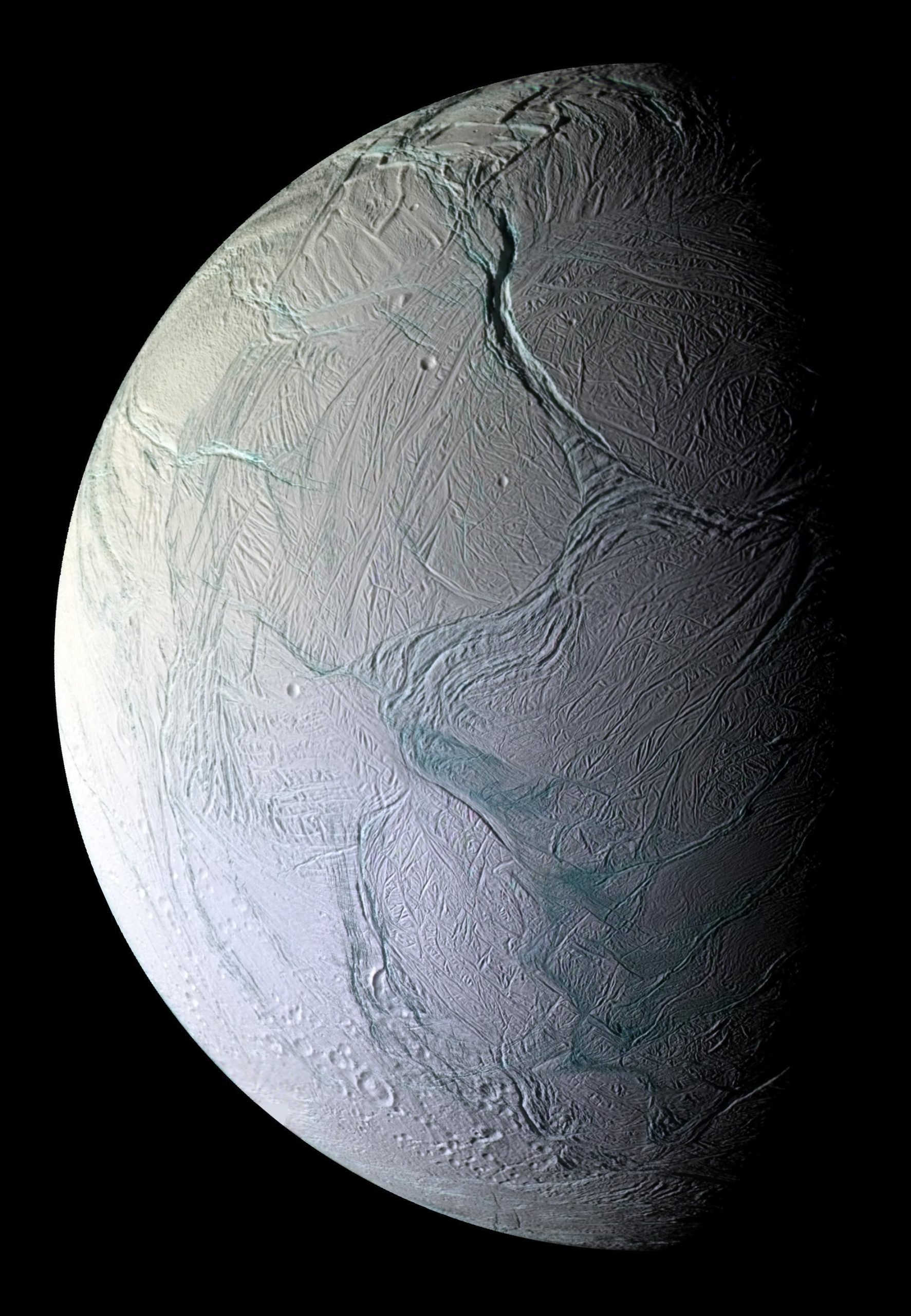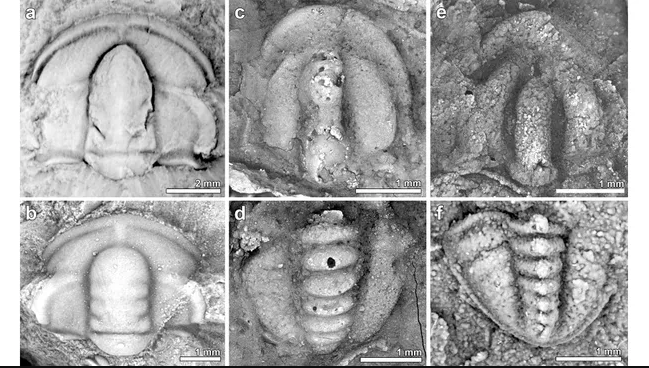South Korean scientists will welcome the “God of Chaos” meteorite approaching Earth
As the stadium-sized meteorite Apophis, named after the Ancient Egyptian God of Chaos, comes dangerously close to Earth, South Korean scientists will be ready to welcome it.
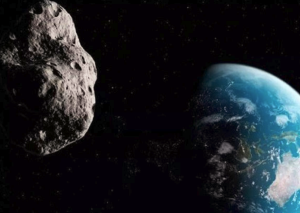
In the statement made at the Korea Space Forum held in Seoul on December 6, it was announced that a spacecraft would be sent to the meteorite to study Apophis, which is expected to come very close to Earth in 2029.
Young-Jun Choi from the Korea Institute of Astronomy and Space Sciences stated that the spacecraft will launch in 2027 and that the vehicle will collect samples from the celestial body and send it to Earth.
“We will obtain real-time data from the asteroid,” said the scientist, and continued his words as follows:
For example, earthquakes or landslides can occur when gravity exerts its greatest impact on the meteorite.
Choi stressed that the opportunity to study such a large asteroid so close to Earth rarely arises. The astronomer also stated that they estimate that such a close pass occurs only once every 20,000 years.
Apophis is classified as a “potential endangerment” due to its proximity and size. Because the meteorite will be only 32 thousand kilometers away from Earth in January 2029.
NASA’s measurements this year rule out the possibility of the meteor hitting Earth this century.
But for comparison, the distance between the Moon and Earth is about 384 thousand kilometers. However, according to scientists, the fact that the meteorite is even closer to the planet than the Moon is as advantageous as it is frightening.
NASA describes the close pass as “an unprecedented opportunity for astronomers to see up close a relic that is no longer merely a matter of scientific curiosity and poses no immediate danger to our planet.”
Examining this meteorite may provide important information to prevent other asteroids that are in danger of colliding with the Earth.
Because Apophis is not the only meteorite with the potential to pass this close to Earth. There are about 2,000 objects in the Solar System that have this potential.
If Apophis has the average characteristics of these meteorites, scientists can better understand what dangers the planet faces by investigating it in detail.
CNET, NASA

